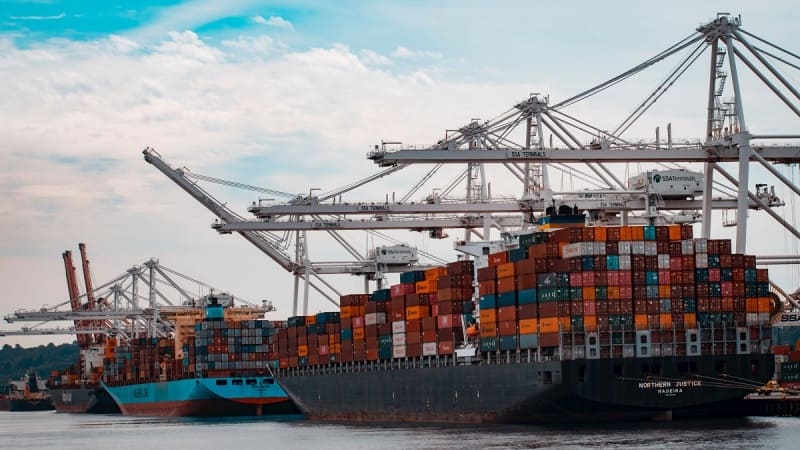By Malcolm Harrison, CIPS Group CEO
These are difficult times for businesses. Over the course of the past five years, we have all come to realise that we cannot take our globalised supply chains for granted. Now, the procurement profession is facing three defining challenges: disruption, sustainability and building more ethical supply chains.
I believe Southern Africa has a key part to play in solving all these issues. If we can address each of them not only, will we help to unlock Africa’s growth but Africa in turn can help to reinvigorate global trade. Procurement will play a central role in managing and adapting to these challenges, and so it is essential that we focus on professionalisation to give supply chain managers the skills and support to tackle the issues at hand. The first challenge is widespread supply chain disruption. The continued fall-out from Covid-19 induced lockdowns, geo-political tensions and rampant inflation mean that previously held trade routes and systems are having to be reimagined. This can only be achieved through strength and flexibility but, I believe that more resilient pan-African supply chains will contribute to more resilient global supply chains.
Collaboration is key in this regard. A study into the South African retail industry for the University of Pretoria found that businesses with clear communication with their suppliers and clients were best able to adapt to the economic disruption of the last few years. Businesses which share information can better foresee and respond to disruptive events, adapting to the new situation more quickly than competitors. Furthermore, efforts to soften borders, through initiatives like the African Continental Free Trade Area, AfCFTA, can help businesses to broaden their base of suppliers and customers, building resilience across the region while reducing Africa’s reliance on other markets.
The second challenge is the urgent need to stave off a climate emergency. Africa has historically contributed very little to global warming but it’s Africa’s people and environment which could suffer the most if we do not address it. That is why the burden of this green transition must be shared across the whole supply chain and not just pushed down supply chains to Africa. As a global profession, that is a responsibility all of our members share, especially those in developed economies.
However, sustainability is fast becoming the top priority for the global businesses which many African businesses are targeting for growth. With more international regulations likely to be introduced in the months ahead, African businesses that embed sustainability across their supply chains now will undoubtedly gain a competitive advantage. Awareness of the opportunities of sustainable practices is already high, with a study conducted for the University of South Africa finding that 75% of construction companies in Botswana were aware of sustainable logistics practices that they could use. Unfortunately, this awareness is not yet translating into action, as the same report found that there was still limited uptake of these practices.
The final challenge is the drive to build more ethical supply chains in both the private and public sectors. There is a growing recognition that businesses have a responsibility for the fair treatment of everyone involved in the supply chain, from ensuring workers in factories are receiving a fair wage to guaranteeing contracts are awarded in a transparent way. African procurement teams have a vital but difficult role in safeguarding their businesses and their communities from ethical malpractice and routing out unethical behaviour.
I believe we can help to tackle all these challenges by professionalising procurement. Highly skilled and properly qualified procurement professionals can work better together to adapt to new disruptions, while training can help to drive supply chain managers forward as they look for new solutions to the climate crisis. Professionalisation can also ensure supply chain managers are working to the same principles, helping to align approaches, and ensuring greater trust between businesses and suppliers. But professionalisation also ensures that Africa’s procurement talent does not stand alone in the fight to ensure supply chains are managed ethically, they can call upon a network of allies and recognised best practices. CIPS’ role is critical in driving continuing professional development. CIPS can help set up the structures that would result in robust CPD programmes, aimed at addressing the issues faced by professionals across all sectors. That is why I recently visited South Africa, Botswana, and Namibia to meet with some of the procurement leaders of the future. I wanted to understand the specific challenges they are facing, and solving, and ensure we are reflecting this in the development of global best practice, qualifications, and training. These are certainly challenging times, but there are also opportunities for businesses and individuals in Southern Africa who develop the right skills and work collaboratively to adapt to the current situation. I strongly believe ethical and well managed supply chains can be a force for good and help to tackle some major issues facing the world and local economies.

